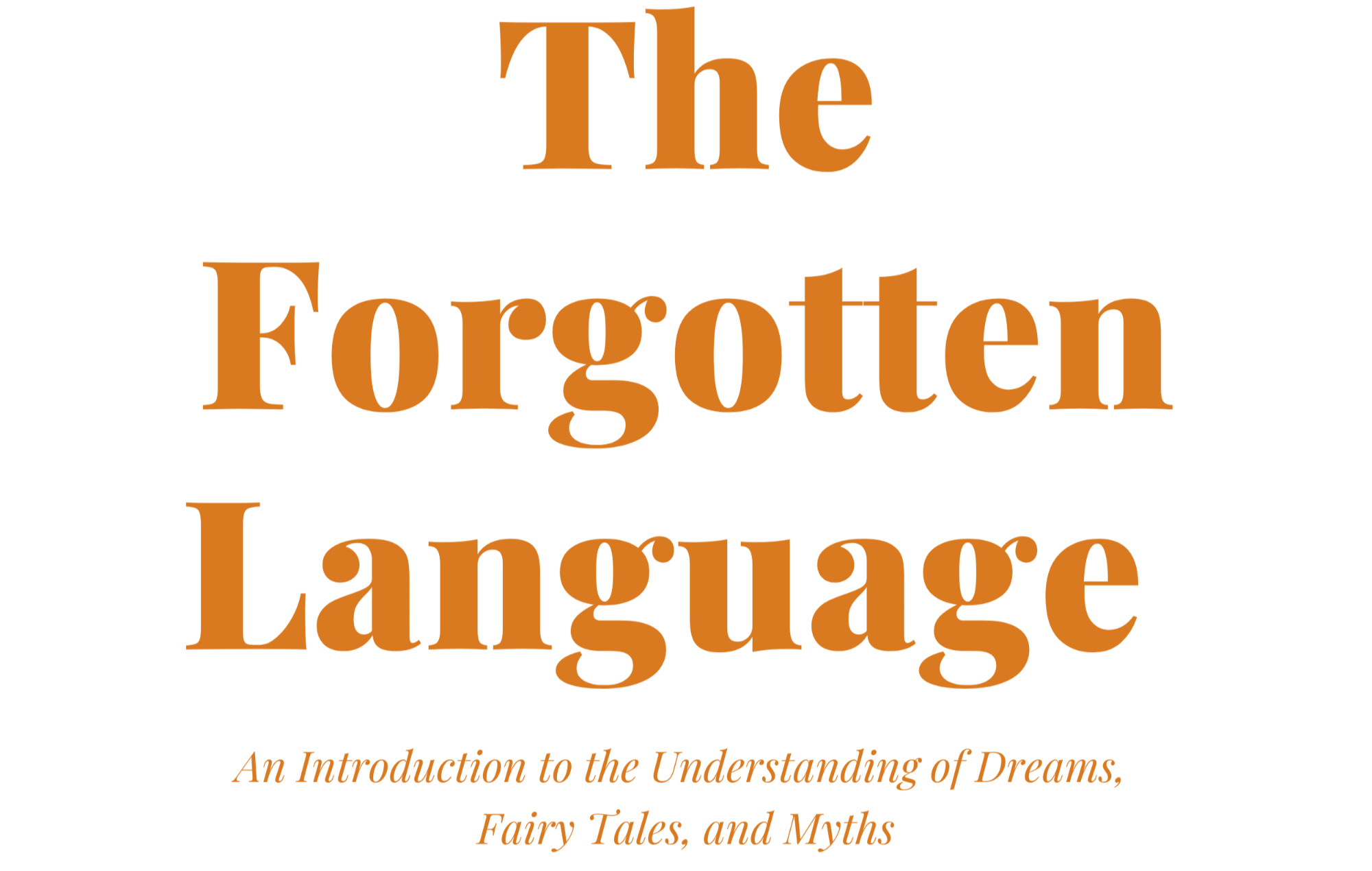
VI The Art of Dream Interpretation(1)
梦解析的艺术(1)
To understand the language of dreams is an art which, like any other art, requires knowledge, talent, practice and patience. Talent, the effort to practice what one has learned, and patience cannot be acquired by reading a book. But the knowledge necessary to understand dream language can be conveyed, and to do this is the purpose of this chapter. However, since this book is written for the layman and the beginning student, this chapter will attempt to give only relatively simple dream examples as illustrations of the most significant principles for the interpretation of dreams.
From our theoretical considerations about the meaning and function of the dream, it follows that one of the most significant and often most difficult problems in the interpretation of dreams is that of recognizing whether a dream is expressive of an irrational wish and its fulfillment, of a plain fear or anxiety, or of an insight into inner or outer forces and occurrences. Is the dream to be understood as the voice of our lower or our higher self? How do we go about finding out in which key to interpret the dream?
Other questions relevant to the technique of dream interpretation are: Do we need the associations of the dreamer, as Freud postulates, or can we understand the dream without them? Furthermore, what is the relation of the dream to recent events, particularly to the dreamer’s experiences on the day before he had a dream, and what is its relationship to the dreamer’s total personality, the fears and wishes rooted in his character?
I should like to begin with a simple dream which illustrates the fact that no dream deals with meaningless material:
A young woman, interested in the problems of dream interpretation, tells her husband at the breakfast table: “Tonight I had a dream which shows that there are dreams which have no meaning. The dream was simply that I saw myself serving you strawberries for breakfast.” The husband laughs and says: “You only seem to forget that strawberries are the one fruit which I do not eat.”
It is obvious that the dream is far from being meaningless. She offers her husband something, she knows he cannot accept and is of no use or pleasure to him. Does this dream indicate that she is a frustrating personality who likes to give the very thing that is not acceptable? Does it show a deep-seated conflict in the marriage of these two people, caused by her character but quite unconscious in her? Or is her dream only the reaction to a disappointment caused by her husband the day before, and an expression of a fleeting anger she got rid of in the revenge contained in the dream? We cannot answer these questions without knowing more about the dreamer and her marriage, but we do know that the dream is not meaningless.
The following dream is more complicated though not really difficult to understand:
A lawyer, twenty-eight years of age, wakes up and remembers the following dream which he later reports to the analyst: “I saw myself riding on a white charger, reviewing a large number of soldiers. They all cheered me wildly.”
The first question the analyst asks his patient is rather general: “What comes to your mind?” “Nothing,” the man answers. “The dream is silly. You know that I dislike war and armies, that I certainly would not want to be a general.” And in addition, “I also would not like to be the center of attention and to be stared at, cheering or no cheering, by thousands of soldiers. You know from what I told you about my professional problems how difficult it is for me even to plead a case in court with everybody looking at me.”
The analyst answers: “Yes, that is all quite true; but it does not do away with the fact that this is your dream, the plot you have written and in which you assigned yourself a role. In spite of all obvious inconsistencies, the dream must have some meaning and must make some sense. Let us begin with your associations to the dream contents. Focus on the dream picture, yourself and the white charger and the troops cheering—and tell me what comes to your mind when you see this picture?”
“Funny, I now see a picture which I used to like very much when I was fourteen or fifteen. It is a picture of Napoleon, yes indeed, on a white charger, riding in front of his troops. It is very similar to what I saw in the dream, except in that picture the soldiers did not cheer.”
“This memory is certainly interesting. Tell me more about your liking for that picture and your interest in Napoleon.”
